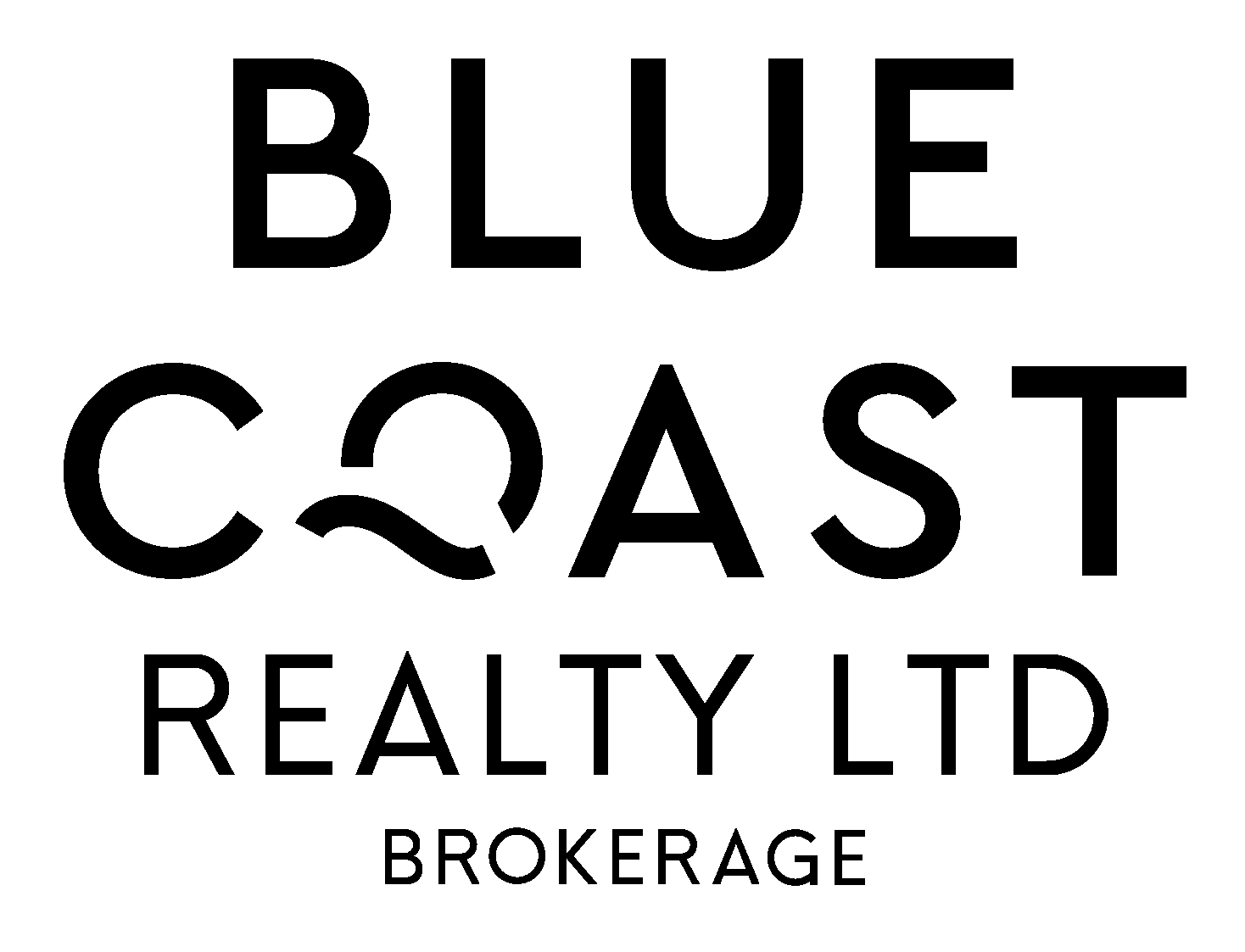
Buying a home can be an exciting and emotional experience. You've found the perfect property, secured financing, and now it's time for completion day – the day when your dream of owning a home becomes a reality. But, before you pop the champagne, it's crucial to understand the closing costs that come with it. In this blog post, we'll break down everything you need to know about completion day and closing costs, so you're fully prepared when the big day arrives.
What is Completion Day?
Completion day (also called Closing Day) is the day when you become the legal owner of the property. It's when you receive the keys to your new home, and all the legal and financial transactions are completed. Completion day is a critical milestone in the home-buying process, and it's essential to understand the costs involved.
Legal Fees
One of the most significant expenses associated with completion day is legal fees. You'll need a lawyer or notary to handle the legal aspects of your home purchase. They'll review the purchase agreement, ensure the property title is clear, and register the property in your name. Legal fees can vary, so be sure to shop around and get quotes from different professionals.
Q: How much are legal fees for completion day?
A: Legal fees can vary depending on the lawyer or notary you choose. It's best to get quotes from different professionals to compare.
Land Transfer Tax
In Ontario, you'll need to pay a land transfer tax when you buy a property. This tax is based on the purchase price of the home, and first-time homebuyers may be eligible for a rebate. Be sure to consult with your real estate agent or lawyer to see if you qualify.
Q: How much is the land transfer tax in Ontario?
A: The land transfer tax is based on the purchase price of the home. You can use an online land transfer tax calculator to estimate how much you'll need to pay.
Home Insurance
Mortgage lenders typically require you to have home insurance before they'll release the funds for your purchase. Home insurance covers your property and belongings in case of damage or loss, so it's a crucial part of being a homeowner. Home insurance can vary depending on the type of property you're purchasing, so make sure to get a quote from your insurance provider.
Q: Do I need to have home insurance before completion day?
A: Yes, mortgage lenders typically require you to have home insurance before they'll release the funds for your purchase.
Adjustments
Another cost to consider is adjustments. These are expenses the seller has already paid for, but you'll be responsible for once you take ownership of the property. Adjustments may include property taxes, utility bills, or condo fees. Be sure to ask your lawyer or real estate agent about any adjustments that may be applicable to your purchase.
Utility Setup
You may need to pay for utilities such as electricity, water, and gas to set up your new home. These are essential services that require activation and connection to ensure a smooth transition into your new residence. The costs associated with these utilities will vary depending on your location and the specific service providers in your area.
Q: How do I know which utility providers to contact and set up services with on closing day?
A: Typically, the seller or the seller's real estate agent should provide you with a list of the current utility providers for the property. If that information is not available, you can contact the local municipality or utility company to inquire about the providers in your area. Additionally, you can ask your real estate agent or do some research online to find out which utility companies serve your specific location.
Moving Expenses
Finally, let's talk about moving expenses. Depending on how far you're moving and how much stuff you have, hiring a moving company or renting a truck can be a significant expense. Make sure to budget for this and start getting quotes early to find the best deal. You may also want to consider packing your belongings yourself to save some money.
Q: How can I save money on moving expenses?
A: You can save money on moving expenses by getting quotes from different moving companies, renting a truck instead of hiring a company, and packing your belongings yourself.



